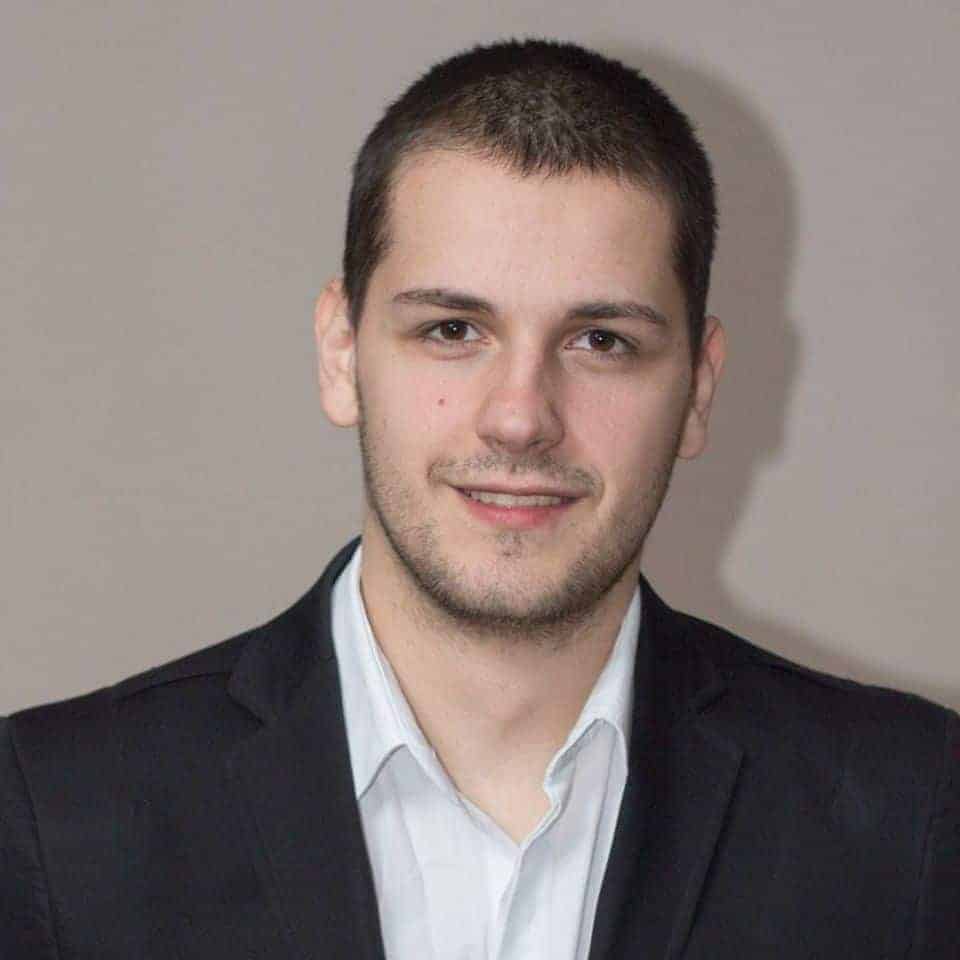
Today, Mystic Mag‘s Marko Velimirovic had the opportunity to speak with Beth Hewett, PhD, CT, CEOLS, CCISM, and a prominent Grief Coach. We talked about her career, how can a grief coach help a person, and what is the best part of her job.
How did you become a Grief Coach, and how did your career develop?
I decided to work in bereavement services a few years after my older brother died in a small plane crash. A year after his death, my grandmother died, and then less than two months later, my father died in his sleep. There was a lot of grief in our family, and one of my focuses was to be there for my mother, who was struggling with the losses of her firstborn child and her husband. I attended a lot of grief support training and became certified as a thanatologist with the Association for Death Education and Counseling (ADEC).
A thanatologist is a specialist in dying, death and bereavement. My goal was to eventually be able to support other people one-on-one, as well as in small groups. I started working in small groups in 2004 at my local church parish. As I continued to receive bereavement specialist training, I waited several years before expanding my work to help people in an individual setting. This delay was because I was an active academic in a different field (rhetoric and writing instruction), and I wanted to close off that arena before I took a leap into full-time grief coaching.
I call myself a grief coach because I’m not a licensed counselor. Although I’m a thanatologist with many different certifications under my belt, being licensed has to do with being able to take insurance and having a different level of mental health care responsibilities.
I feel confident in my ongoing professional development that helps me support people who find me. My career as a bereavement specialist has been developing more fully in the last several years, and I sold my previous academic writing coaching business in 2021 to spend more time on it.
I’m also a book author in grief and grief studies. I’ve written three books–Good Words: Memorializing Through a Eulogy, More Good Words: Practical Activities for Mourning, and Grief on the Road to Emmaus: A Monastic Approach to Journeying with the Bereaved. I also co-authored a book with Dr. Richard Ottenstein called Supporting a Grieving Workforce. I have a number of brief articles, as well, that are available on my website
(www.goodwordsforgrieving.com). And, I’d like to plug my next book—as yet untitled—about the grief that first responders may experience and how they can work with it. This book will come out in 2023 through the ICISF Publications.
What services do you offer?
In these capacities, I conduct memorial and healing ceremonies and rituals with people who want to find active ways of mourning that help to cement and work with their intentions to heal. Another focus is to help people understand where they may have experienced trauma in the grief, separate some of the trauma from the grief, and work with both. Currently, I also conduct support groups (online and in-person) in a volunteer, hospice setting (gilchristcares.org)
The services that I offer are one-to-one or one-to-family coaching regarding grief, at any stage or phase, and I’ve been working with a variety of types of losses and their ensuing griefs. While I do support people in the deaths of their beloved pets, most often I work with losses of beloved humans. I teach and train people who want to learn about developing a grief ministry—whether faith or non-faith-based—and I’ve done that for the previously-run National Catholic Ministry to the Bereaved.
How can a Grief Coach help a person who is grieving? Is there a specific works-for-all approach, or is it more individual?
It’s very much individual, but there are fundamental beliefs that help when working with grieving people. For example, it’s helpful to teach people a little bit about grief. That’s called psychoeducation, which is about providing some facts and details to help people to see that what they are experiencing is perfectly normal, absolutely necessary, and very natural.
Grief is what we feel when we experience a loss or a major transition of any kind, and death is one of the biggest losses or transitions one can encounter. Mourning is what we do with our grief. It represents the actions that we take.
From that foundation, we have a place to start in terms of how people are grieving and what it is that they want to do as mourning. I use ideas from my mentors and different psychologists and thanatologists. I also broadly use ideas and activities from my own research and ideas into writing to heal (especially eulogies), workplace grief, minority people’s grief, grief and first responders, and grief for people of faith.
What can a person expect from your coaching sessions?
Well, prayer. We usually pray together, if they are people who express that they have a faith base that they want to pray with. We talk about what they are experiencing at a particular time and how they are managing over time. We look at different experiences they had and try to figure out whether those experiences are related to their loss or whether they are noticing them more because of the loss.
We also use bereavement maps and timelines to consider their lives in terms of how they experienced grief in the past and how this particular or current grief may be affecting them differently. People do a lot of talking and I do a lot of listening.
We regularly do some activities together that help with the mourning. One of my favorite activities is a ceremonial bonfire that we use for burning letters, messages, and love objects that individuals want to dedicate to the memories and honor of their loved ones.
Such a fire becomes sacred and empowers the bereaved to make essential decisions for themselves. We generally incorporate writing in various ways to get into various emotions and work with them constructively.
Over time, the bereaved person should begin to feel a little bit lighter, in the sense that the grief isn’t quite as painful and heavy. Grief is not going to go away; it’s a part of the love that we have for the people who have died. Grief will wax and wane in people’s lives.
Yet, people eventually will learn that they can manage what they are experiencing with the grief and come to understand that they need to take it into themselves, integrate it, and make it a part of who they are. That knowledge gives people a sense of the power they need to figure out who they are now, to look at themselves in the mirror and begin to recognize themselves again.
Hope is what we’re trying to establish as potential for people, and hope comes from, as one of my mentors would say, helping people to learn to sit with what is and experience it. Hope also is heart-based and is about taking courageous actions in collaboration with ourselves, others, and the Creator.
What is the most important detail in maintaining a relationship of mutual trust with clients?
The most important details are trust and safety. First, I seek to develop people’s trust in that it’s my job to keep the information people share confidential.
In addition to trust, I need to provide a safe space for bereaved people to process and integrate their losses. I strive to provide a safe space where people can feel comfortable spending time with me and know that they’re respected in every way and not judged in any way.
What is the best part of your job?
The best part of my job is experiencing love and mutuality with people, knowing that we’re human together and that we can grow and learn from each other. My stance is that of someone who learns from the person who’s grieving, who is my teacher about the grieving they’re going through. That’s the individuality of the person and the uniqueness of their grief.
It’s the snowflake effect, but not in a negative meaning of the term. Rather, there’s a commonality in our uniqueness, yet we’re human together, which gives us common ground and provides the potential to understand each other. Grief on the Road to Emmaus, my most recent book, is about learning how to support each other in grief (rather than being a self-help book for the bereaved person).
In the book, I share eight approaches developed in Western monasticism that can focus how we spend time with bereaved people: love, mutuality (in consideration of different cultures and races), hospitality (a deep, rich, and generous hospitality), listening deeply, prayer of all kinds, humility (including the ethics and integrity of those who support the bereaved), action (what we can do together and what other cultural traditions and religions offer in terms of actions that help people heal), and a sense of community (meaning that people are not alone, that we can support each other, and that there are others who want to support them, as well.). I hope readers who support people who grieve will find this book especially useful.



